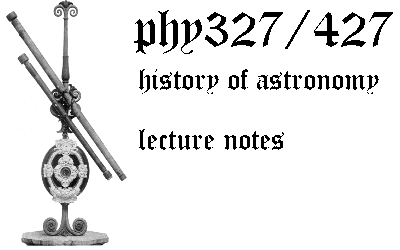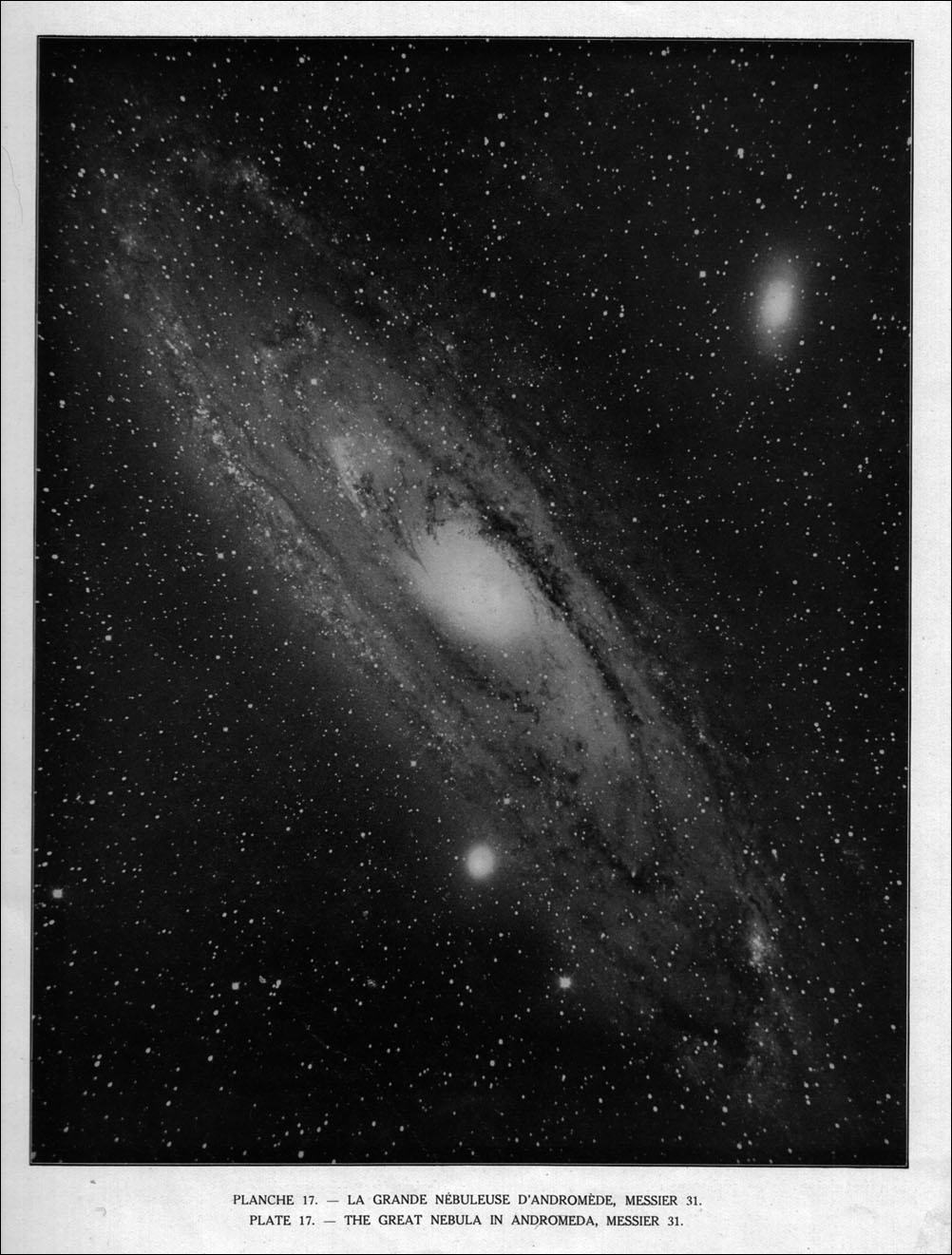The table below contains download links for the lecture notes and
powerpoint slides (where applicable), plus an example exam-style
question and some hints and suggestions towards a model answer. Owing to the
nature of the course, full model answers are not possible - often there will be
more than one "right answer", and almost always lack of detail in one area can
be at least partly compensated by more detail in another. In the exam, you
will be marked on relevance (i.e. your answer must address the question!),
factual correctness, level of detail and quality of argument.
More general comments on exam technique can be found after the download table.
Exam Technique
The end-of-semester exam is based on the course material.
It tests your ability to recall and use the material you have
learned during the course. You are required to answer any three questions
from the six on the exam paper.
To get the most out of the exam, follow the usual rules:
-
Read the whole paper before starting.
You need to make sure that you choose the right questions:
you do not want to spend 25 minutes on part (a) of question 1
and then realise that you can't do parts (b) and (c).
It is a disaster to discover, with only 10 minutes left,
that you could have done question 6 easily but no longer have time to do so.
-
Read the Rubric.
In recent years, there has been a growing tendency for many students to answer more
than the required number of questions, and expect the examiner to pick out the best
efforts. This is not the best way to use your time – getting 3/10 for
two questions, one of which we are going to have to ignore because you have
attempted 4 questions instead of 3, is not an improvement on getting 4.5/10
for one question, all of which will be included in the total. Therefore, from
now on you will be asked to indicate on your answer book which questions you
want to have marked, in the event that you have done more than the number
you're asked to do. Basically, this reinforces the previous point –
read the whole paper first, so you know which are the best 3 questions to
attempt, and then focus all your efforts on them.
-
Read the Question! Make sure that you know what you are being asked to do:
for example, a question asking you to "compare and contrast the Ptolemaic and
Copernican models of the solar system" is not simply asking for a description of
the two systems; a question asking you to "critically discuss the suggestion that
advances in astronomical knowledge are driven by advances in instrumentation" does expect
a critical discussion, giving points for and against the suggestion,
not simply a list of examples.
-
Answer the Question! Having read the question carefully and understood
what you are being asked to do, do it.
Do not assume that if you have been asked for a critical discussion of some topic,
you will nevertheless be given marks for a simple description.
-
Take account of the marks.
Most questions will have multiple parts:
bear in mind that the marks allocated offer guidance on the relative importance of the parts.
If a question has three parts with mark allocations of 2, 5 and 3,
do not write two pages for part (a) and three lines for part (b)!
Remember that each mark represents about 4 minutes' work.
-
Plan your answers.
The nature of this subject means that most questions will be essay format.
Although (unlike coursework) you will not be explicitly penalised for mistakes
in spelling and grammar, you will lose marks if your arguments are not well organised
or you fail to make your case. Planning your answer also helps to ensure that you are really
answering the question.
The hints and suggestions to the example exam questions include comments on these
points, where appropriate.
All of this may seem obvious, but experience shows that every year, candidates lose
unnecessary marks through not following these guidelines.



